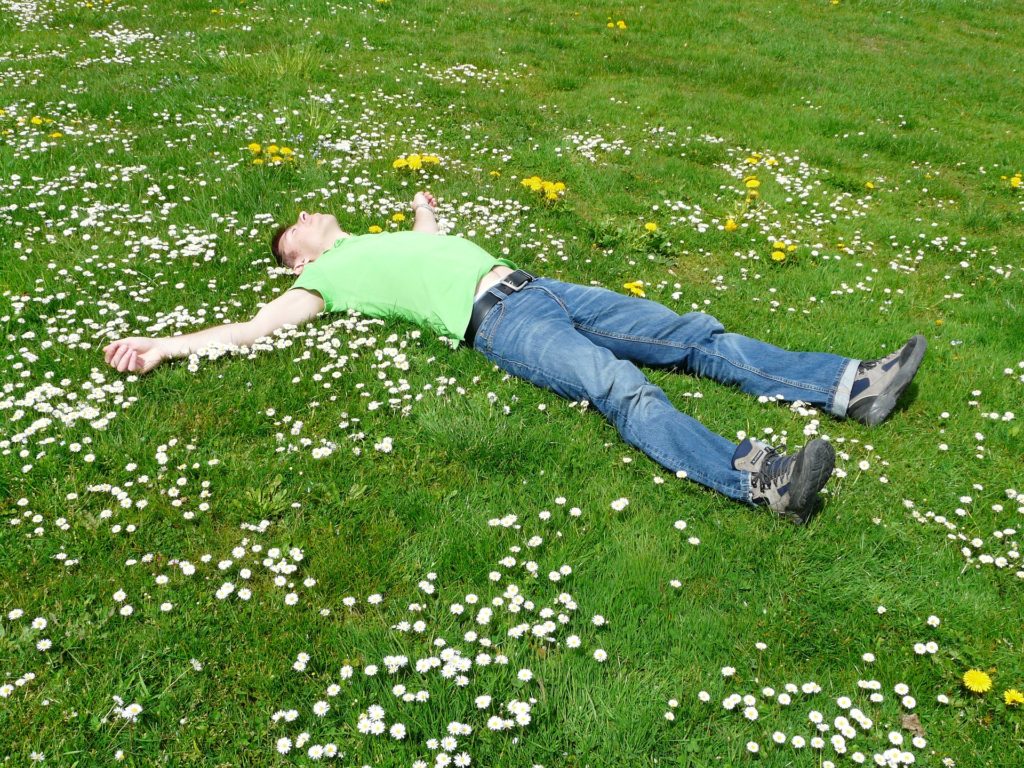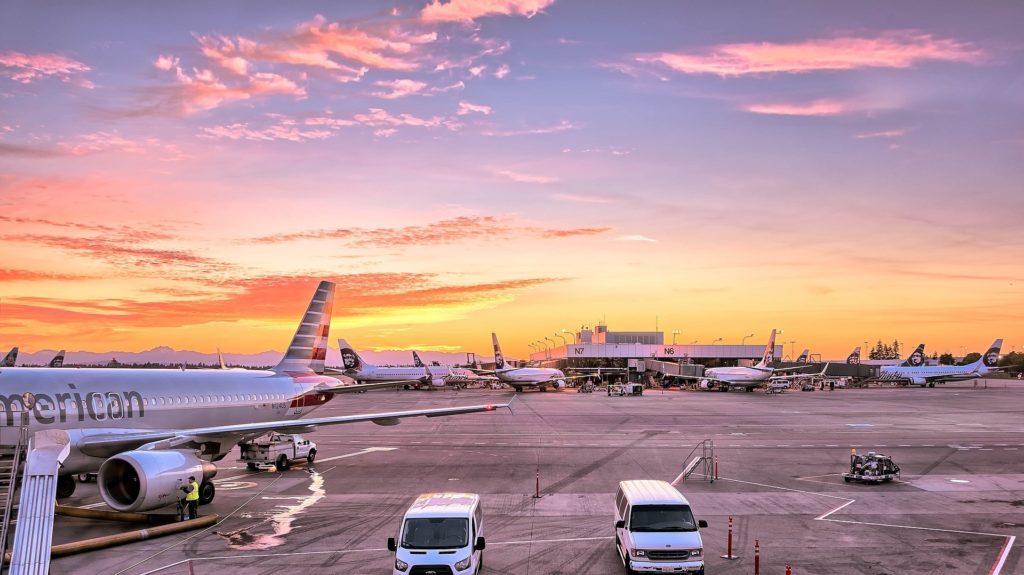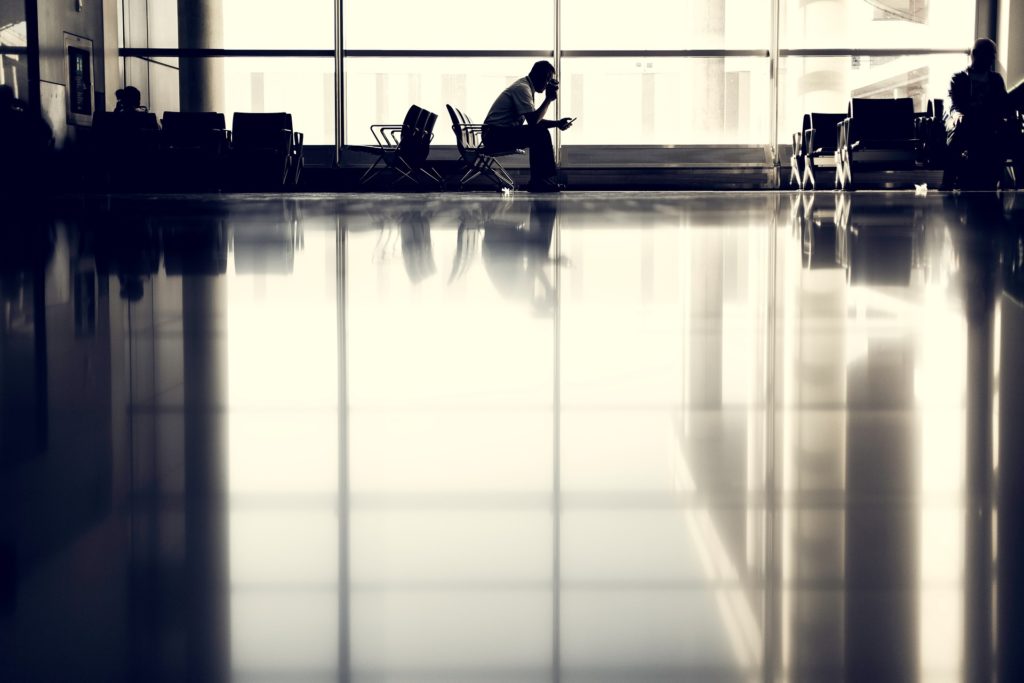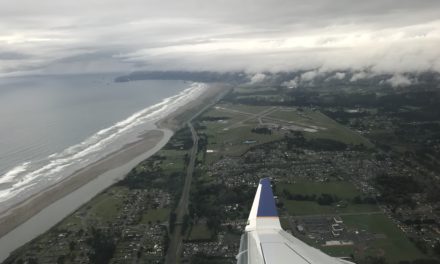You know the feeling. You step off a plane in a new country, catch a ride to your hotel, and collapse on the bed. You feel like complete garbage, unable to think, let alone get up and spend half a day exploring a new city. Jet lag has struck, and it’s relentless.
This has been my experience multiple times. Long-haul economy flights can be brutal, and even flying business class can still leave you feeling less than refreshed.
Why? That dratted change in time zone. Any time you move across more than a couple, jet lag comes calling. I’ve experienced it even just across the country, unable to fall asleep in Virginia at 11:00 PM and feeling awful when the alarm goes off at 6:30 AM. Don’t they know it’s 4:30 AM back home?!
As a simple definition, jet lag is the fatigue, insomnia, and general feeling of malaise that strikes travelers after they’ve rapidly changed time zones. The most typical symptom is daytime drowsiness and/or nighttime sleeplessness. You may have moved, but your body is still catching up.
But one question you may have had at some point: is jet lag worse going east or west? There is actually a conclusive answer.
My Own Anecdotal Experience
Even with only a handful of trips across an ocean under my belt, I’ve had a consistent experience regarding which direction was worse when it comes to jet lag. My first trip to Europe took me to Russia, and the initial few days were absolutely brutal. With an 11-hour time difference, the days dragged by and nights were hopelessly sleepless. Overcome by exhaustion, we pushed ourselves mindlessly through the first couple days, before we even began to adjust.
Heading home ten days later, we got to do it all over again. However, by my third overseas trip to Europe, I began to notice a pattern: jet lag is consistently worse going east rather than west.
I remember the sleepless nights in London during my visit over a decade ago. Arriving in Nice back in 2016 was also rough. So was pushing ourselves through a day in Paris in 2018, and my crazy solo 48-hour trip to Helsinki this past year was brutal. Yet coming back home to California isn’t ever quite as bad.
At first I thought it had to do with being in the comforts of home. Maybe this helped. But honestly, the bulk of the jet lag was gone after just a day or two. It actually felt like I adjusted way more quickly.
Turns out, I’m not alone. And there is actually a more definitive answer with some research to back it up.
The Science: Is Jet Lag Worse Going East or West?
There have been a few studies into the effects of jet lag on the body, and the verdict is in; I am not just imagining things. The general finding is that the jet lag is worse traveling east than traveling west, assuming you travel an equal number of time zones in each direction.
Traveling from California to Hawaii (3 time zones west) is much easier than traveling to New York (3 tomes zones east). The same holds true for visiting Hong Kong versus visiting Paris from the U.S. West Coast. My own experiences of these exact comparisons holds true to what science shows.
It all comes down to how the body responds to adjusting it circadian rhythm. Although the precise mechanism isn’t understood, delaying the body’s clock is easier than advancing it.
Feeling crappy in the late morning or around lunchtime at the beginning of your European vacation is a symptom of your body normally wanting to be fast asleep right about then back home in the U.S. The light and activity isn’t at all what your system is expecting. The “brain fog” isn’t imagined. Your body is trying to adjust your sleep-wake cycle (and other circadian cycles) to the new normal.
It is easier to adjust going west. The way we deal with it is even simpler: just hold out until “normal” bedtime. The tiredness hits late in the afternoon or evening, and you have to push through just a few more hours. Even though it might seem weird that jet lag is worse going east rather than west, this experience has data to back it up.
My Personal Preference Magnifies The Contrast
I’m the furthest thing from a night owl. While I don’t necessarily like to get up early, I prefer to stick to this routine and find that I function better. When the clock creeps past 9:00 PM, I begin to shut down.
The difference in response traveling west versus traveling east really hit me the first time I visited Asia. Living on the U.S. West Coast, it’s roughly the same time difference as traveling to western Europe. However, I found that making it through the day in Asia was substantially easier.
Sure, the day started and ended early. I might be in bed at 8:00 PM, the same time my kids normally lay down for the day. Then I would be up at 3:00 or 4:00 AM, feeling fresh. It was nice to start the day this way. We were able to enjoy the morning and through lunchtime with no issues, not hitting the fatigue “wall” until around 4:00 in the afternoon (midnight back home). That whole trip was an amazing experience.
If I was a night owl and enjoy being out on the town until midnight, the trips to Asia may have been much harder. But the way I operate and structure our travel plans, hitting the ground running in China was way easier than in France. Things were even more pronounced during our trip to Taiwan. Flying China Airlines 777 business class helped us start the first day fresh, and we had no issues making it through our planned itinerary.
Conclusion
Jet lag is one of the most frustrating aspects of overseas travel, and there isn’t a whole lot you can do about it. You just have to power through and let your body adjust. There are some basic tricks that will help you with the change, such as trying to adjust your schedule before you even depart. It also helps to stay well hydrated, including laying off the in-flight booze (which might be hard if you’re flying business or first class). Sleeping (or not sleeping) on the plane based on the local time at your destination can also help with transition.
It’s interesting to know that jet lag is truly worse going east rather than west. But both data and anecdotal experience back this claim up.
Have you found your jet lag experience to be similar? What do you do to try to combat the symptoms?









[…] post on Travel Update asks the question, Is jet-lag worse when traveling east or west? I can say that their findings are precisely in line with what I’ve experienced in our […]
In my 30 years working and flying frequently for IBM, there was a software program we used to tell us how long we needed to be at our final destination before attending an important decision-making meeting. The input included the city we departed from, the city we were going to, what direction we were flying (W2E or E2W) and how many time zones we crossed. The results were always that we needed to be there earlier going W2E. In fact, if we were in the US and had to attend a Monday meeting in Europe, we always flew out of… Read more »
Interesting. That is definitely a good strategy for the first day in Europe. The lingering effects just seem to be worse there.
I’ve been traveling for business all over the world for 28 years. The only way to force your body into the new time zone (going east or west) is with the help of Chemistry. There is a medication with the generic name of Modafinil that taken the first three days in the new time zone will give you 8 hours of feeling rested and alert. Coupled with sleeping meds (whichever works for you) will have you feeling like you’ve never left your time zone. Believe me after 28 years I can swear this is the only answer. Ask airline and… Read more »
Thanks for the tip!
A long time ago, when my sister was traveling for business every week- which I now do, she told me “East to West; you’re at your best, West to East; you’re like a beast” and I have always found that to be true as this article indicates.
Nice! I’m going to remember that.
I have always found W2E worse than E2W. Especially on shorter red-eyes such as West Coast-Midwest. I avoid them at all costs, and that means an extra night at a hotel and leaving at a decent time mid-morning. Longer W-E flights allow for a little more sleep/dozing, but those 4 hour red-eyes are heinous, at least for me.
Eek. I cannot even imagine trying a West Coast-Midwest red-eye. My couple between SF/LA and NYC have been brutal enough. Like you, I much prefer the “long day” of heading E2W.